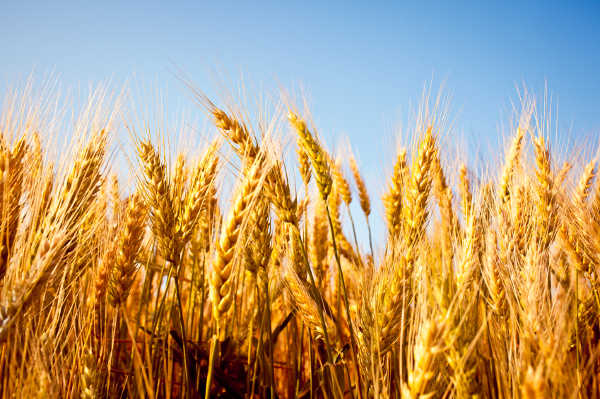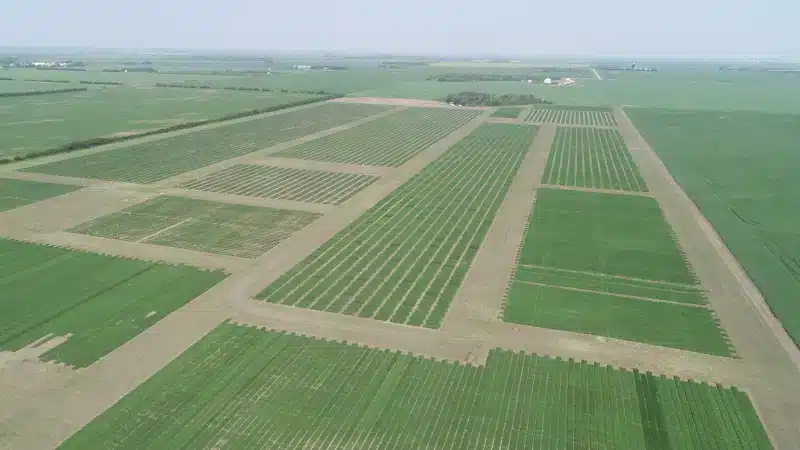Researchers at Colorado State University have developed a non-GM wheat trait based on genetic tolerance to a Group 1 post-emergent grass herbicide. They are working with Limagrain Cereal Seeds and Albaugh LLC on a unique, three-way partnership to bring this system to the market.
CANTERRA SEEDS and Limagrain are partnered in Limagrain Cereals Research Canada (LCRC), a cereal breeding program based in Saskatoon, Sask. There is potential for this trait to come to Canada through LCRC.
Herbicide tolerance in wheat is a huge topic, and for good reason. I see big things coming in the future, for a few key reasons.
- Historically, the cereals market has been sensitive to the introduction of herbicide tolerance. The commercialization of Clearfield wheat as a non-GM technology helped producers adopt a new product type, without having to worry about market acceptance. I think growers are more open than ever to new approaches at this point.
- Farmers have proven to be quick adopters of new technology in any part of agriculture and in recent years, increased challenges with weed management have become increasingly important. Seed is the delivery mechanism for plant-based innovation, and as a result, the seed industry is keen to help drive the innovation agenda.
- With many herbicides now off patent, there is renewed interest in exploring unique value propositions and chemistry combinations. If a herbicide tolerant trait can help provide the right complement to these chemistries, you could have yourself a winning combination.
So what will the next wave of herbicide tolerance in wheat look like? It will likely be non-GM, like the new trait developed at Colorado State University. Over time, the commercial marketplace might adapt to a broader range of acceptance of GM technology. There’s great potential for both GM and non-GM approaches to variety development, including incorporation of new and innovative herbicide tolerances.
I think the funding for innovation will, to an extent, take care of itself with the right processes and tools in place. Like all investors, whether it’s the innovators, retailers or producers, everyone is looking for positive ROI.
From managing herbicide resistant/difficult-to-control weeds, plant diseases, insects, or just farm operation risk in general, the more tools producers have, the better — and more herbicide tolerance in wheat and other cereals could provide that additional tool.












